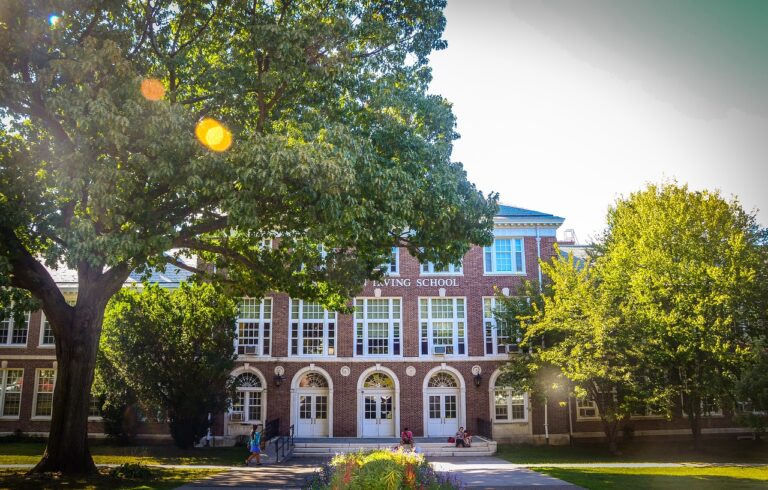Education and Sustainability: Integrating Eco-Friendly Practices
Implementing eco-friendly practices in education is crucial for fostering a sense of environmental responsibility among students. By incorporating sustainable initiatives into school curriculum and operations, students are exposed to the importance of conserving natural resources and reducing their ecological footprint. This hands-on approach not only instills a sense of stewardship for the planet but also equips students with the knowledge and skills needed to address pressing environmental issues in the future.
Furthermore, integrating eco-friendly practices in education helps students develop critical thinking skills and encourages them to think creatively about solutions to environmental challenges. Through engaging in activities such as recycling programs, energy conservation efforts, and sustainable gardening projects, students are able to understand the interconnectedness of ecosystems and the impact of human actions on the environment. By fostering a culture of sustainability within educational settings, students are empowered to become environmentally-conscious citizens who are equipped to make informed decisions that benefit both the planet and future generations.
Benefits of Teaching Sustainable Practices in Schools
Embedding sustainable practices within the educational system can have a profound impact on the overall well-being of both students and the environment. Introducing concepts like recycling, energy conservation, and organic gardening not only enhance students’ knowledge but also instill a sense of responsibility towards the planet.
By integrating sustainability into the curriculum, schools can provide students with practical skills that are essential for their future success in a rapidly changing world. From critical thinking and problem-solving to collaboration and creativity, incorporating sustainable practices into education fosters a holistic approach to learning that prepares students to become environmentally conscious and innovative leaders in their communities.
Why is teaching sustainable practices in schools important?
Teaching sustainable practices in schools is important because it helps students develop a sense of environmental stewardship, teaches them how to reduce their ecological footprint, and prepares them to make informed decisions about their impact on the planet.
How can teaching sustainable practices benefit students?
Teaching sustainable practices can benefit students by increasing their awareness of environmental issues, fostering a sense of responsibility towards the environment, and equipping them with the skills needed to create a more sustainable future.
What are some examples of sustainable practices that can be taught in schools?
Some examples of sustainable practices that can be taught in schools include recycling, composting, energy conservation, water conservation, sustainable gardening, and reducing waste.
How can teaching sustainable practices in schools contribute to a more sustainable society?
By teaching sustainable practices in schools, we can help create a generation of environmentally conscious citizens who are equipped to make sustainable choices in their personal lives, at work, and in their communities, ultimately leading to a more sustainable society as a whole.





